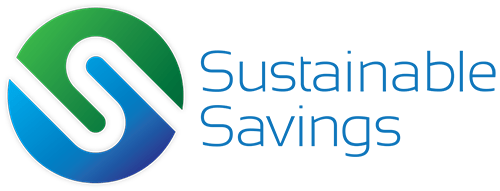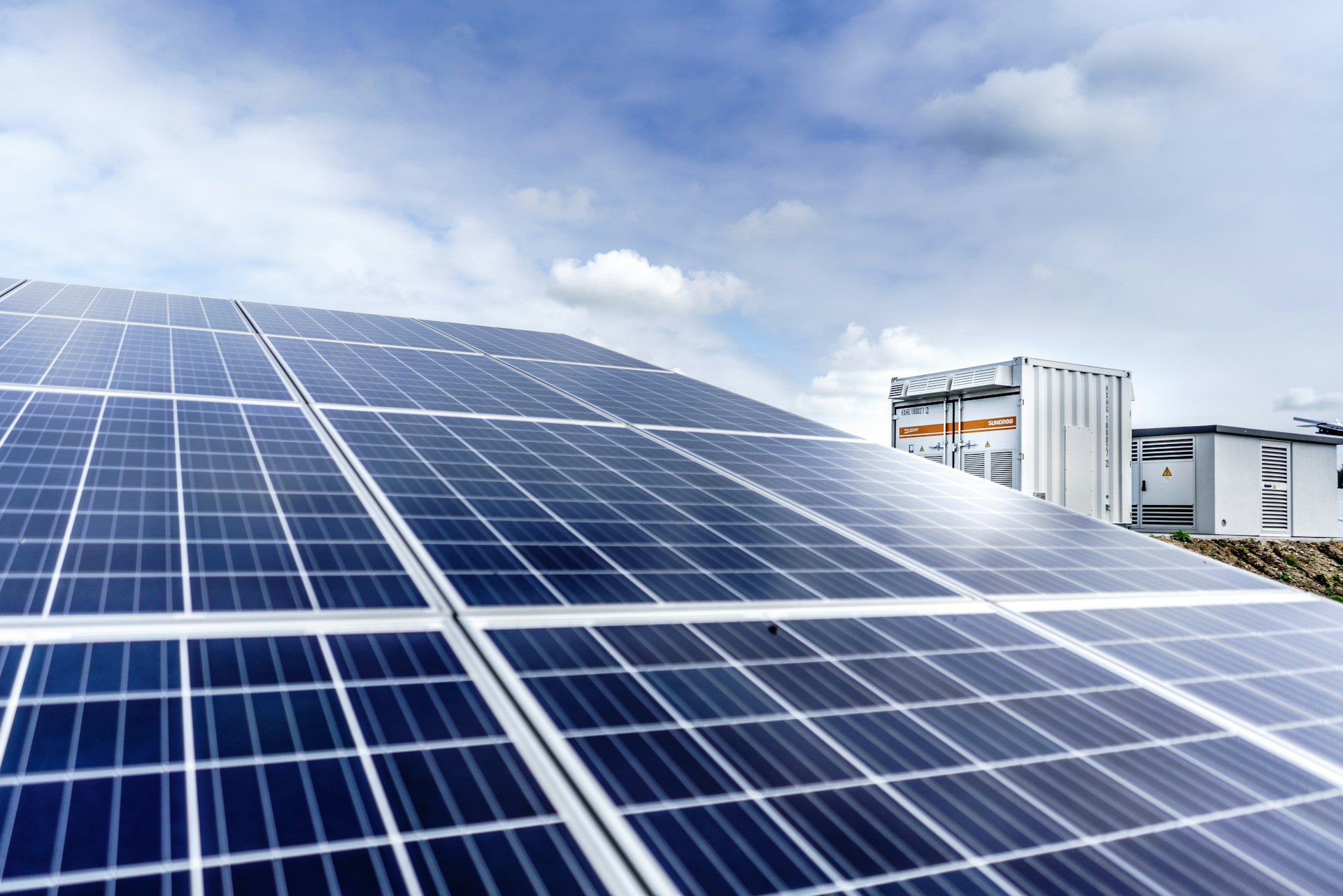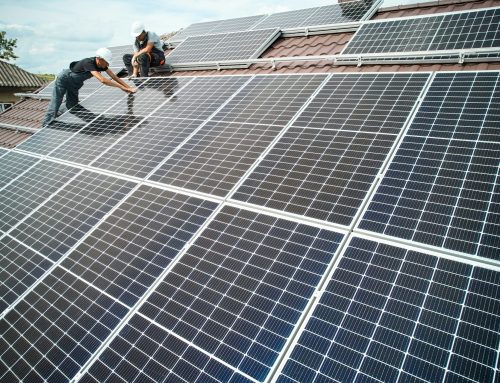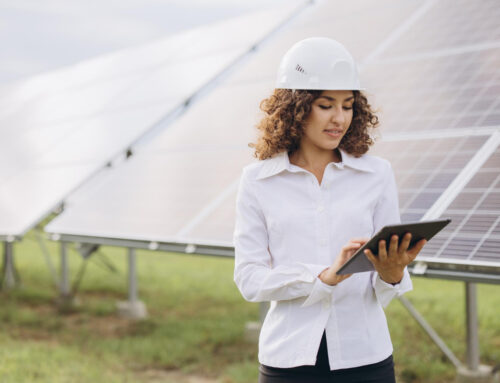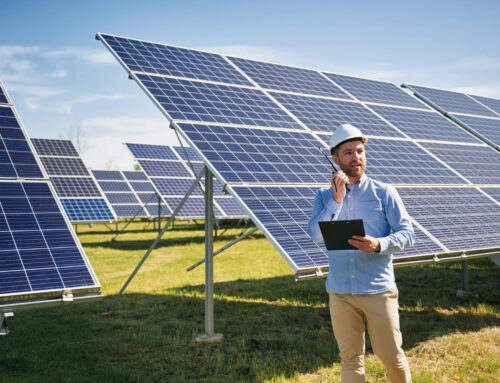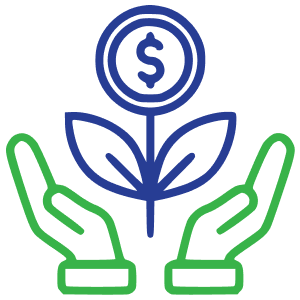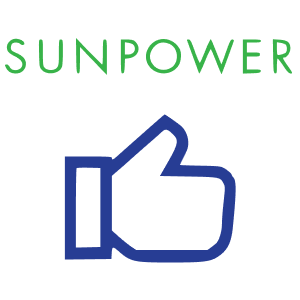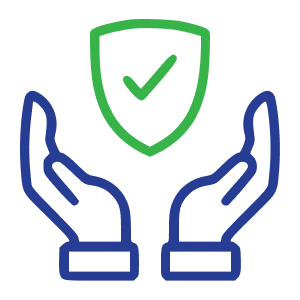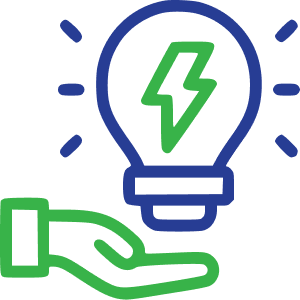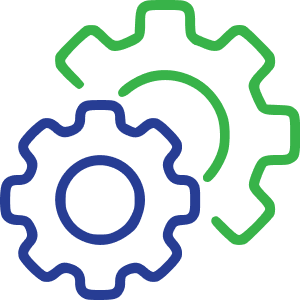In our quest for cleaner energy sources, the spotlight is turning not just on the benefits of solar power but on how panels are made. The question of where solar energy devices come from is now just as important as how they perform. More businesses are beginning to ask the tougher questions—how are these products made, and are those processes in line with company values? As larger organisations face increasing pressure to meet sustainability and corporate responsibility goals, ethical sourcing is rapidly becoming a key part of the conversation.
The global push to adopt solar power has, unfortunately, uncovered some serious issues in how solar products are manufactured. From how raw materials are mined to how components are assembled, there’s growing concern about human rights abuses buried within these supply chains. One of the central issues is the use of forced labour in the production of key components. With more visibility on these concerns, ethical sourcing is no longer optional for companies that take integrity seriously.
The Reality of Slavery in Solar Supply Chains
Many conventional solar panels are made using silicon sourced from regions under scrutiny for forced labour, particularly Western China. This part of the supply chain has been widely criticised and questioned, as it often involves unethical labour practices that most businesses do not want to be associated with. Not knowing the origins of your panels could result in unintentional support of these harmful practices.
There is now a real connection between corporate risk and unethical sourcing. Purchasing and installing these panels may seem like a step forward in environmental impact while being a step back ethically. The reputational risk alone makes it a poor investment for organisations that champion human rights and good governance.
Government authorities are responding. The Australian Federal Government has appointed a new Anti-slavery Commissioner to address such supply chain issues. There’s a strong chance that in future, embargoes on certain hardware could come into place. These embargoes could affect replacement availability, legal warranties, and even maintenance access. Organisations need to prepare for this risk by rethinking procurement strategies now, before regulations become more restrictive.
International Response and Regulations
The issue of forced labour in solar panel production has gained a lot of international attention. Governments across the globe are taking decisive action. In June 2021, the United States formally banned the importation of solar panels linked to forced labour in specific supply chains. Canada followed shortly after with similar restrictions, placing its focus on ethical standards in national solar procurement channels.
The European Union is already working towards its own version of these restrictions. Their planned moratorium is expected to take effect within the next few years and would further pressure businesses that fail to move away from unethical suppliers. Once implemented, products that do not meet ethical standards may be banned from entry altogether.
These global measures could cause serious sourcing and warranty issues, especially for companies who have already installed panels linked to unethical practices. If your panel manufacturer becomes part of this embargoed group, that could lead to invalid warranties or delays in repair services due to parts no longer being imported. The best time to make the switch to ethical solar is before these risks affect your business.
Sustainable Alternatives: SunPower and SMA
Ethical solar alternatives are already available and meet high-performance standards for commercial projects. SunPower, for instance, offers panels that are independently verified as free from slavery in their supply chain. Their manufacturing facilities do not source from flagged regions and have passed rigorous third-party inspections. They are SEDEX listed and undergo continuous audits that focus on fair labour practices and materials sourcing.
Institutions like Sheffield Hallam University have published research confirming SunPower’s clean supply chain status. Further audits by independent global assessors, such as Clean Energy Associates (CEA), also indicate SunPower maintains responsible sourcing from manufacturing through to distribution. SunPower panels maintain a strong reputation for both performance and ethics.
Inverters, a core part of solar systems, also deserve scrutiny for sourcing practices. Many electronics involve complex supply chains that are harder to trace. SMA stands out in this area. Manufactured in Germany—where labour laws are strict and enforcement is strong—SMA inverters offer businesses a supply chain with fewer ethical grey areas. These inverters are SEDEX listed in Europe and hold credibility for socially responsible manufacturing.
Choosing both panels and inverters from manufacturers who prioritise ethical sourcing ensures your entire solar solution aligns with higher ethical standards.
Ethical Roof Fixing Solutions
Panels and inverters aren’t the only parts of a roof-top solar setup that need a closer look. Roof fixing components, commonly made from aluminium, also raise ethical sourcing concerns. Aluminium mining in countries like China has been increasingly associated with modern slavery and dangerous working conditions.
That’s where S-5 solutions present a different option. These roof-fixing products are made in the United States using recycled aluminium and come with third-party verification from Bureau Veritas. By using recycled materials and ensuring each step of the process is traceable, S-5 components help businesses keep ethics in focus across the entire installation.
Whether it’s the panel, inverter, or structural attachment, ethical practices need to run through it all. A commercial solar project is not just a one-time cost. It represents your values visibly for 25 years or more. Making the right choice now prevents reputational headaches later.
Here’s what ethical sourcing means for your next solar project:
1. Confidence in supply chains that do not include forced labour.
2. Peace of mind with warranty longevity unaffected by embargoes.
3. Alignment with emerging global regulations.
4. Reinforced company values and stronger corporate image.
It’s more than just power—it’s about doing business the right way.
Your Business Can Lead by Example
Shifting towards ethical solar sourcing is not just a check-box for compliance. It helps build better foundations for how your company operates in the long run. The advantages are big and meaningful. You can avoid risk, stand behind your values, and strengthen your public image. When your solar system is made up of parts from manufacturers who treat their workers fairly and respect environmental standards, that speaks volumes.
Choosing ethical suppliers also gives decision-makers more control over future-proofing their energy investments. By working with companies like SunPower, SMA and S-5, you’re not just getting high performance. You’re making a business case that’s both values-driven and legally durable.
As we enter an era where regulatory changes and supplier scrutiny are becoming the norm, now is the right moment to make ethical solar part of your business strategy. Set your procurement standards high and choose a solar partner that lets you follow through on your promises—both to your customers and to the broader community. Solar doesn’t have to come with hidden costs. Better options are already here.
Align your business with ethical energy solutions by exploring our range of commercial photovoltaic systems. Embrace solar technology that not only enhances operational efficiency but also supports responsible sourcing and long-term sustainability. Partner with Sustainable Savings and lead the change towards cleaner, high-performing solar solutions that reflect your organisation’s values.
